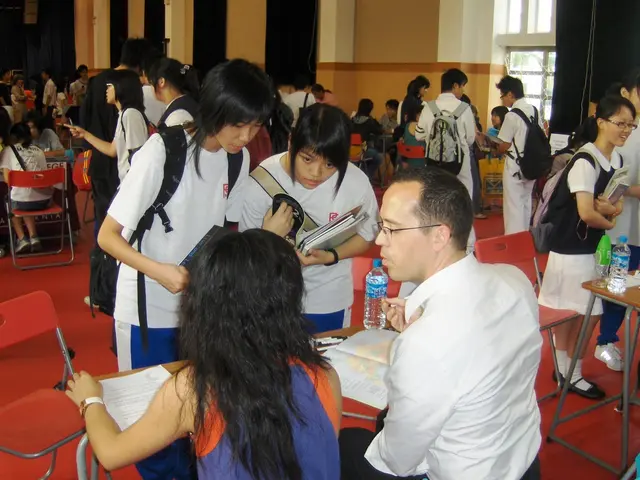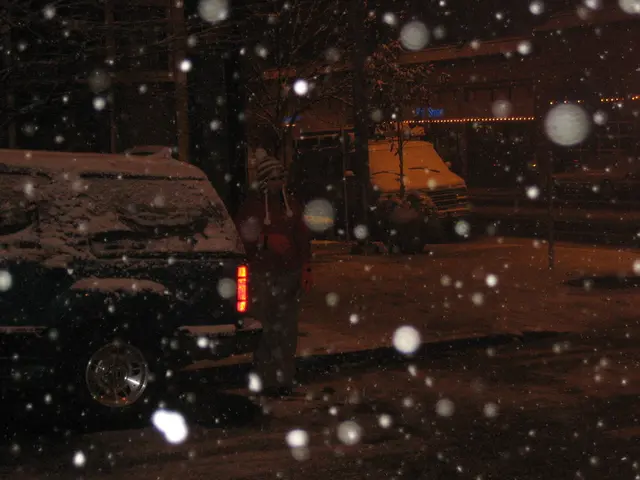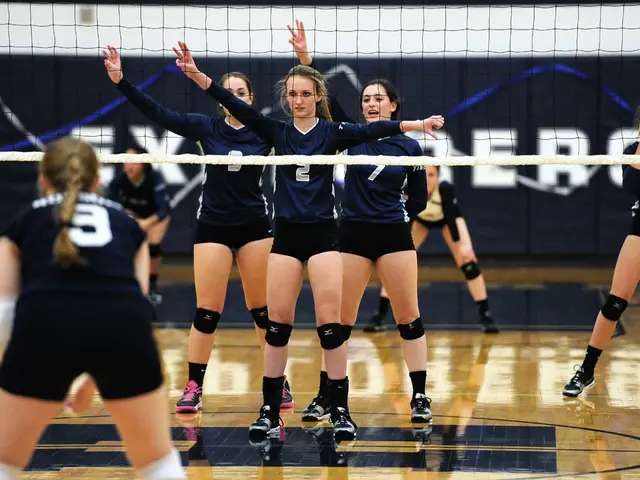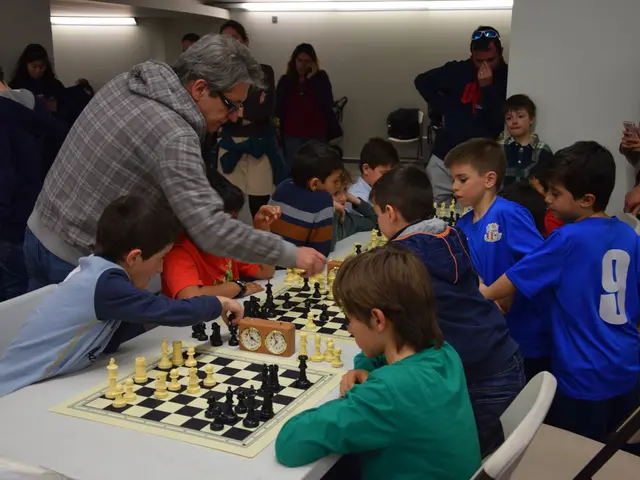Ukraine conflict continuation: Ceasefire insufficient for resolution, per Lavrov
Fresh Take:
Ceasefire Alone Won't Fix Ukraine's Troubles, Claims Russian Foreign Minister
In his latest piece for the "International Affairs" journal, Russia's Foreign Minister, Sergei Lavrov, argues that a simple ceasefire isn't enough to bring lasting peace to Ukraine. He maintains that tackling the fundamental causes of the conflict is crucial for a long-term solution.
Lavrov underlines the importance of removing threats to Russia's security, stemming from NATO's expansion towards the east and attempts to pull Ukraine into the North Atlantic Treaty Organization[1][5]. He also highlights the significance of respecting human rights in regions under Kyiv's control, as Ukraine has been observed pursuing a policy against anything connected with Russia and its culture since the 2014 power shift[1][5].
Opposite to this, the U.S. President's special envoy, Keith Kellogg, stated that Kyiv desires a ceasefire along the current contact line, proposing a 30-kilometer demilitarized zone, ready for an immediate 30-day comprehensive truce, including a halt to activities on land, in the air, and at sea[4]. However, the Kremlin spokesman, Dmitry Peskov, claimed Russia hadn't heard any statements from Ukraine regarding the establishment of a demilitarized zone along the contact line[3].
Vladimir Putin, Russia's President, earlier confirmed Moscow's readiness for talks with Kyiv, with no preconditions[2]. The Kremlin is waiting for a sign from Kyiv to resume negotiations.
Moscow, Natalia Petrova
© 2025, RIA "Novy Day"
[1] Root Causes of the Conflict:NATO's eastward expansion and Ukraine's potential inclusion into the North Atlantic Alliance deeply concern Russia, as they view these moves as threats to their security.
[2] Call for Peace Talks:In the aftermath of the 2014 events in Ukraine, Moscow expressed its willingness to enter into negotiations with Kyiv without any preconditions, awaiting a signal from Ukraine to restart dialogues.
[3] Demilitarized Zone Proposal:Kremlin spokesman Dmitry Peskov mentioned that there has been no statement from Ukraine regarding their proposal for a demilitarized zone along the contact line with Russia.
[4] Ceasefire Proposal from U.S.:According to the U.S. President's special envoy, Keith Kellogg, Kyiv is hoping for a ceasefire along the current contact line, supported by a 30-kilometer demilitarized zone, and is ready for an immediate 30-day comprehensive truce.
[5] Cultural Eradication Allegations:Russian Foreign Minister, Sergei Lavrov, claims Ukraine has been pursuing a policy aimed at eliminating anything linked to Russia and its culture since the 2014 power shift, including attacks on the Russian language, culture, traditions, canonical Orthodoxy, and Russian-language media.
- Russian Foreign Minister, Sergei Lavrov, noted in his article that a ceasefire alone wouldn't solve Ukraine's troubles, suggesting the need to address the root causes of the conflict.
- In his commentary published in the "International Affairs" journal, Lavrov criticized Ukraine for pursuing a policy against anything connected with Russia and its culture since the 2014 power shift.
- According to the U.S. President's special envoy, Keith Kellogg, Kyiv supports a ceasefire along the current contact line, proposing a 30-kilometer demilitarized zone, ready for an immediate 30-day comprehensive truce.
- In 2025, the political landscape of war-and-conflicts, general news, and Eastern Europe was marked by the remarks of Lavrov, who argued against NATO's eastward expansion and advocated for the removal of threats to Russia's security.








